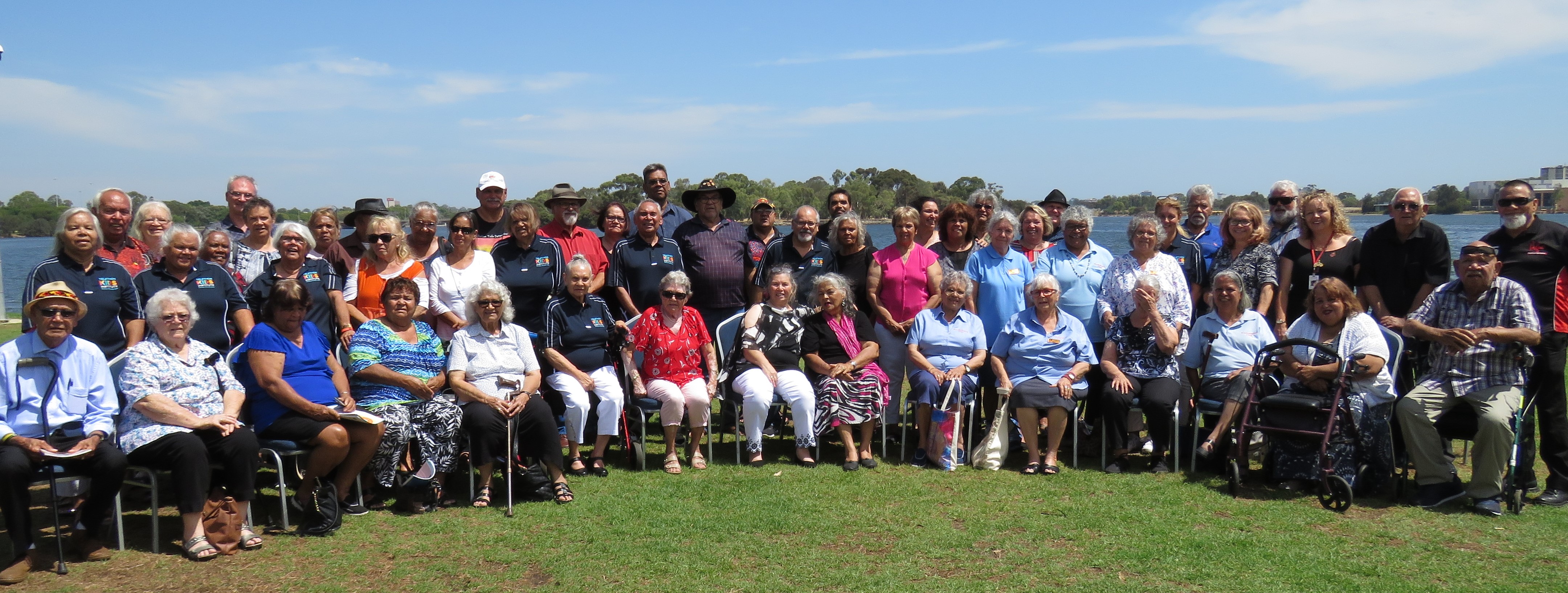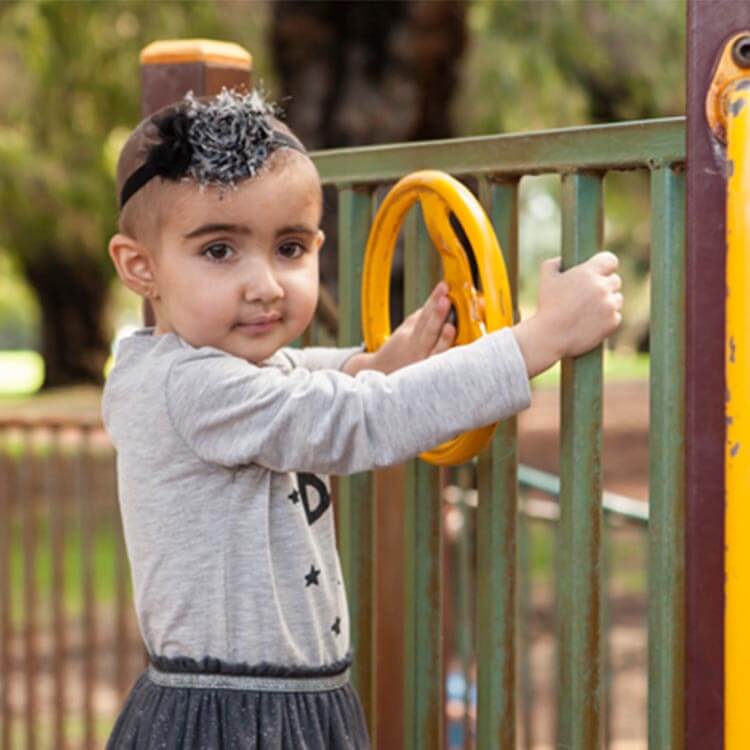Search
Showing results for "Au"
Research
Evidence for associations between the purinergic receptor P2X(7) (P2RX7) and toxoplasmosisCongenital Toxoplasma gondii infection can result in intracranial calcification, hydrocephalus and retinochoroiditis. Acquired infection is commonly associated
Research
Rett syndrome in Australia: a review of the epidemiologyTo examine the prevalence, cumulative incidence, and survival in an Australian cohort with Rett syndrome (RTT).

Community engagement for the Ngulluk Koolunga Ngulluk Koort (Our Children, Our Heart) Project.

How can your organisation help improve the lives of children?

News & Events
Childhood cancers not on the rise in SA and NT, but disparity remains for Indigenous children in the NTDespite national and global reports of rising incidences of cancer affecting children and young people, a new analysis has found rates of childhood cancer have remained unchanged over the last 30 years in South Australia and the Northern Territory.

News & Events
Researchers receive crucial Near Miss fundingCongratulations to four outstanding The Kids Research Institute Australia researchers who have received funding designed to support researchers who have narrowly missed out on highly competitive national funding.
Research
BENEFIT - Breastfeeding and Eating Nuts and Eggs For Infant Tolerance TrialDebbie Susan Palmer Prescott BSc BND PhD MBBS BMedSci PhD FRACP Head, Nutrition in Early Life Honorary Research Fellow debbie.palmer@uwa.edu.au

Research
Evaluation of the Community Playgroup ProgramThis evaluation explored the facilitators & barriers that influence Community Playgroup attendance, and the impact of attending playgroups on child development.
Research
Sensitising glioblastoma to enhance cancer therapyRaelene Nick Endersby Gottardo BSc (Hons) PhD MBChB FRACP PhD Brainchild Fellow; Co-Head, Brain Tumour Research Head of Paediatric and Adolescent
Research
Data for policyThe ultimate goal of this project is to enable policy-makers and researchers to work together to influence positive changes in the life trajectories of disadvantaged Australians via research driven policy initiatives.
